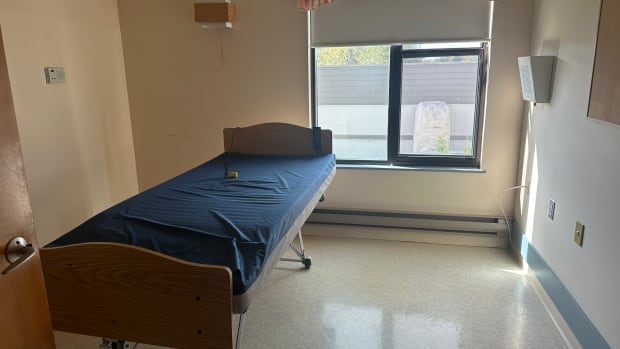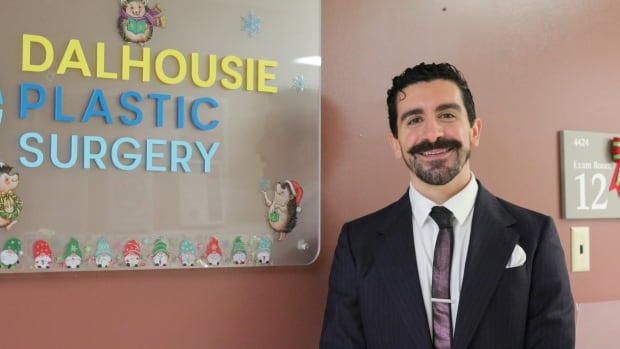The group that represents Nova Scotia’s midwives say demand for their services has been on the rise for years, but that hasn’t been reflected in provincial funding.
The province currently funds 16 midwife positions at three sites in Nova Scotia — in Halifax, Lunenburg and Antigonish.
But Jessica Thorpe, president of the Association of Nova Scotia Midwives, says it’s not enough to handle the number of expecting parents looking for support.
Thorpe said her association was hopeful there would be an increase in midwifery funding in the latest budget — given the $7.3 billion allocated to health care — but that was not the case.
“It certainly feels at times like the value of midwifery service just isn’t being seen by this government,” Thorpe told CBC Radio’s Information Morning Cape Breton.
“In terms of expansion of a program, we really haven’t heard that, which can make midwives feel quite frustrated and feel undervalued for the work that they’ve been providing for years.”
That’s why, last week, the association launched a new campaign demanding immediate action from the province to increase the number of midwives and midwife-led births.
“We’re hoping to advocate for increased access to midwifery services, really focusing on the positive impacts that we know that midwives have on health-care outcomes,” she said.
Thorpe said some areas of the province, including Cape Breton, don’t have access to midwifery services. But even in areas with access to care, there aren’t enough midwives to meet demand.
She works as a midwife at the IWK Health Centre in Halifax, where she said the wait list is longer than it’s ever been.
“So despite being an area that has access in theory to midwifery care, the access is still quite limited,” she said.
Thorpe said demand is being heightened by the number of people moving to Nova Scotia. She said the lack of access can be disheartening to expectant parents.
“People are appalled to find out that when they move here that they may not be able to obtain midwifery care so easily as they did in other places,” she said.
Information Morning – Cape Breton8:28Does Nova Scotia need midwives?
The Association of Nova Scotia Midwives wants to increase the number of midwife led births in the province to 30% of all births by 2027. But they can’t even deliver babies in many parts of the province, including Cape Breton.
CJ Blennerhassett, president of the Canadian Association of Midwives, also works as a midwife at the IWK.
They said more people across the country are turning to midwifery care during their pregnancies — a trend felt especially in Nova Scotia.
Blennerhassett, said in 2021, midwives performed five per cent of total births in the province. In 2023, Nova Scotia’s midwives had requests to support 12 per cent of births, but they were only able to accommodate less than half due to staffing constraints.
“We have to kind of look at the list of folks who have requested care and through a standardized process, choose the humans who can come into our care,” they said. “And that’s a really difficult process because we want to be able to care for everybody.”
Pressure on midwives
Blennerhassett said the small workforce also takes a toll on the midwives, as they bear the brunt of people’s frustrations when care isn’t available.
They said midwives who work full time in Nova Scotia typically take on 30-40 pregnancies a year, and work with a team of other midwives to provide care 24/7, 365 days a year.
“We’re increasingly receiving public feedback about why can’t they receive the care that they want to have? Why can’t they have the care provider of their choice?” they said.
“And it’s really tough to practice full time clinically. Many of us have lots of other hats to wear and then also be kind of the face of this shortage to the public.”
Thorpe said the campaign aims to increase the number of midwife-led births to 10 per cent by 2025. It would take less than one per cent of the latest provincial budget to meet that goal, she said.
A spokesperson with the Department of Health and Wellness said the department is focused on stabilizing the midwifery service through recruitment and retention. It’s also working with its partners at Nova Scotia Health, the IWK and Tajikeimɨk to look at expansion opportunities.
“Of note, IWK Health did receive funding last fiscal to increase their complement and change temporary positions into permanent,” the emailed statement said.







